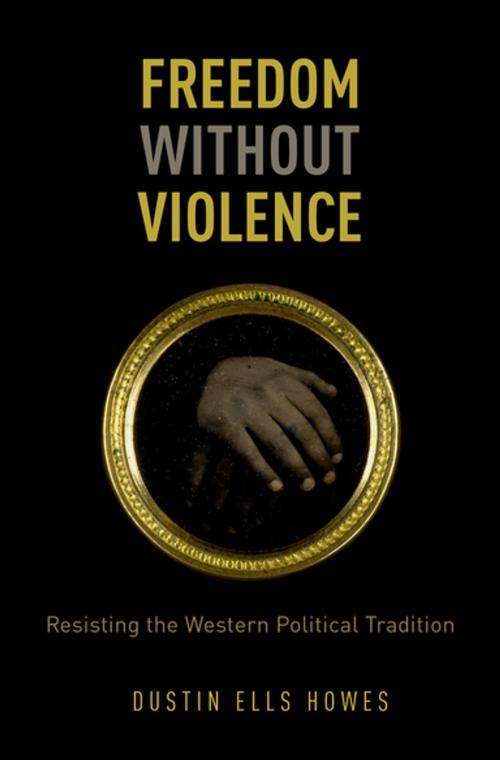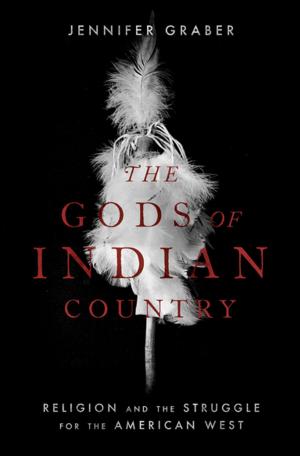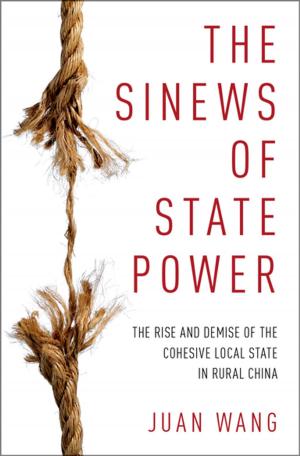Freedom Without Violence
Resisting the Western Political Tradition
Nonfiction, Social & Cultural Studies, Political Science, International, Treaties| Author: | Dustin Ells Howes | ISBN: | 9780199337019 |
| Publisher: | Oxford University Press | Publication: | February 29, 2016 |
| Imprint: | Oxford University Press | Language: | English |
| Author: | Dustin Ells Howes |
| ISBN: | 9780199337019 |
| Publisher: | Oxford University Press |
| Publication: | February 29, 2016 |
| Imprint: | Oxford University Press |
| Language: | English |
There is a long tradition in Western political thought suggesting that violence is necessary to defend freedom. But nonviolence and civil disobedience have played an equally long and critical role in establishing democratic institutions. Freedom Without Violence explores the long history of political practice and thought that connects freedom to violence in the West, from Athenian democracy and the Roman republic to the Age of Revolutions and the rise of totalitarianism. It is the first comprehensive examination of the idea that violence is necessary to obtain, defend, and exercise freedom. The book also brings to the fore the opposing theme of nonviolent freedom, which can be found both within the Western tradition and among critics of that tradition. Since the plebs first vacated Rome to refuse military service and win concessions from the patricians in 494 B.C., nonviolence and civil disobedience have played a critical role in republics and democracies. Abolitionists, feminists and anti-colonial activists all adopted and innovated the methods of nonviolence. With the advent of the Velvet Revolutions, the end of apartheid in South Africa and, most recently, the Arab Spring, nonviolence has garnered renewed interest in both scholarly publications and the popular imagination. In this book, Dustin Ells Howes traces the intellectual history of freedom as it relates to the concepts and practices of violence and nonviolence. Through a critique and reappraisal of the Western political tradition, Freedom Without Violence constructs a conception of nonviolent freedom. The book argues that cultivating and practicing this brand of freedom is the sine qua non of a vibrant democracy that resists authoritarianism, imperialism and oligarchy.
There is a long tradition in Western political thought suggesting that violence is necessary to defend freedom. But nonviolence and civil disobedience have played an equally long and critical role in establishing democratic institutions. Freedom Without Violence explores the long history of political practice and thought that connects freedom to violence in the West, from Athenian democracy and the Roman republic to the Age of Revolutions and the rise of totalitarianism. It is the first comprehensive examination of the idea that violence is necessary to obtain, defend, and exercise freedom. The book also brings to the fore the opposing theme of nonviolent freedom, which can be found both within the Western tradition and among critics of that tradition. Since the plebs first vacated Rome to refuse military service and win concessions from the patricians in 494 B.C., nonviolence and civil disobedience have played a critical role in republics and democracies. Abolitionists, feminists and anti-colonial activists all adopted and innovated the methods of nonviolence. With the advent of the Velvet Revolutions, the end of apartheid in South Africa and, most recently, the Arab Spring, nonviolence has garnered renewed interest in both scholarly publications and the popular imagination. In this book, Dustin Ells Howes traces the intellectual history of freedom as it relates to the concepts and practices of violence and nonviolence. Through a critique and reappraisal of the Western political tradition, Freedom Without Violence constructs a conception of nonviolent freedom. The book argues that cultivating and practicing this brand of freedom is the sine qua non of a vibrant democracy that resists authoritarianism, imperialism and oligarchy.















